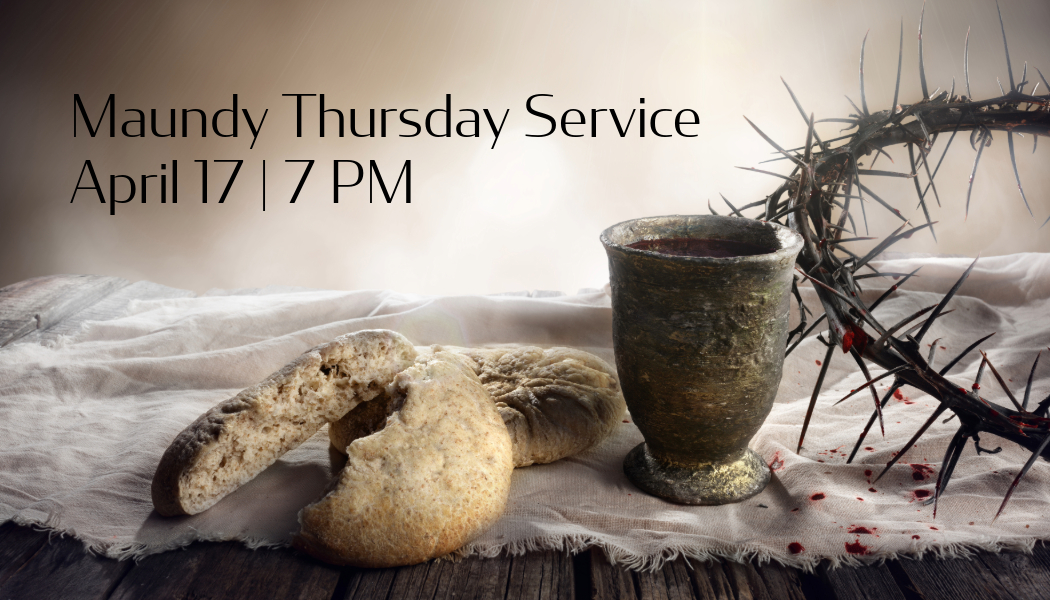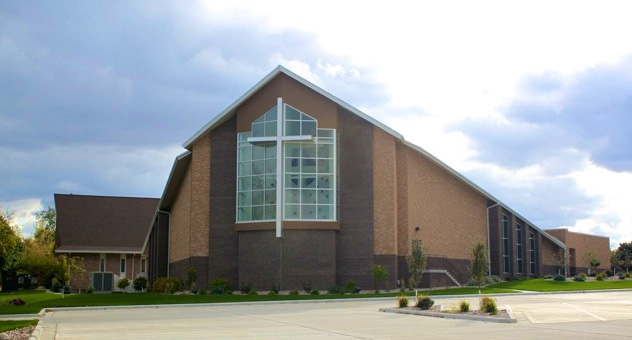In last week’s editorial, Andy invited me to explain more about grace, mercy and the Holy Spirit in the Old Testament. I appreciate that he has been encouraging us to be reading our Bibles. One of the points of weakness that Pastor Mike pointed out last week to us was the increasing amount of Bible illiteracy. Historically Christians have been called people of the Book.
Many people find Bible reading hard. One of the many factors in this has to do with the hidden nature of the Bible. Andy pointed us to some New Testament scriptures on this. Even in the Old Testament this idea is often mentioned: Isa 29:10, 43:8, Jer 5:21 and even by Moses in Deut 29:4. This is why Andy’s first point in his first article is so critical to grasp: “The Bible is meant to be an interactive book. You actually need the Holy Spirit to guide you into the truth.”
Both the Old and New Testaments are equally important in opening up the mystery. You can not fully understand the Old Testament without the New and you can not fully understand the New Testament without the Old. For example, when Jesus uses the phrase “son of Abraham,” you do not know what that means unless you have knowledge of the Old Testament. Jesus taught and did ministry in the context of the Old Testament.
Likewise, you can not understand many passages in the Old Testament without knowing about the New. People wondered for 600 years what Isaiah was talking about in Is 52:13-53:12, the most vivid description of Jesus suffering on the cross. Many other Old Testament passages can only be understood by the life of Jesus.
You can see God’s grace and mercy and His Spirit at work whether you are reading in the Old or the New Testament. I once shared the gospel to a Jewish Synagogue Sunday School class that was studying other faiths only using Old Testament references.
The need of knowing the Old Testament has been shown by missionary research. The Chronological Method of evangelism was developed because it was found that people did not understand what Jesus was about until they had an understanding of God working in history though the Old Testament. Jesus as a “sacrifice” or as the “Lamb of God” just do not make sense without a knowledge of the Old Testament. This approach is used in the Bible course that has been released by the Transformational Education Network I work with.
I find it sad that so many people find the Bible hard to read. And especially the Old Testament which is 2/3 of the Bible. Admittedly, the Old Testament does have some parts that are hard to read. But most of it is clear and it is full of examples of God’s mercy and grace. Having a study Bible that explains the history of the times can be very helpful for those harder to understand passages.
In the Old Testament we see God’s grace and mercy in the numerous rescues, many times not deserved, from the forces of evil that came against God’s people. We see delays of punishment over and over again giving people more time to repent. For those who suffered under the oppression of others, including from their fellow country men, those punishments were God’s mercy, finally some relief from injustice. So many readers only seem to see the punishment and miss the mercy of God in these stories. We especially see God’s mercy in the many stories of restoration of individuals and the community of faith after failures. While the best known story of restoration is the exodus from Egypt, maybe the most stunning example is the return from exile after God’s people totally blew their relationship with God.
Although the work of the Spirit is not highlighted in the Old Testament as much as the New and may not been as wide spread, we see the Spirit at work in creation, with every “Thus says the Lord” and every miracle of Moses, Elijah, Elisha and others. And He was working in the ordinary lives of people as we see when David asked God’s Spirit not to depart from him (Ps 51:11) and in Elisha asking for His presence (2 Kings 2:1-9).
Ask the Holy Spirit to show you something each time you read the Word. He will help you understand the mysteries in the Bible, whether in the Old Testament or the New.
Kenneth J. Klay











